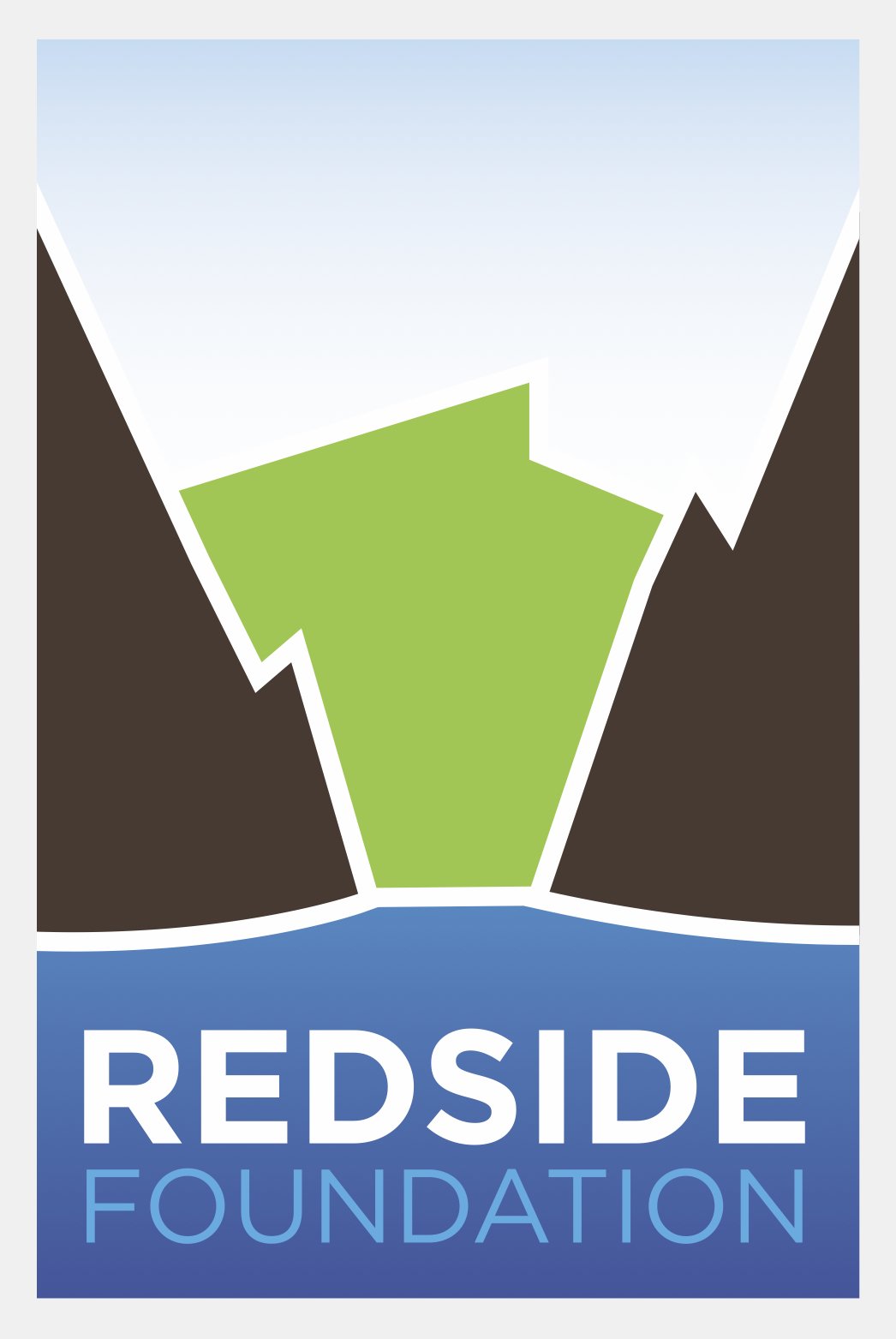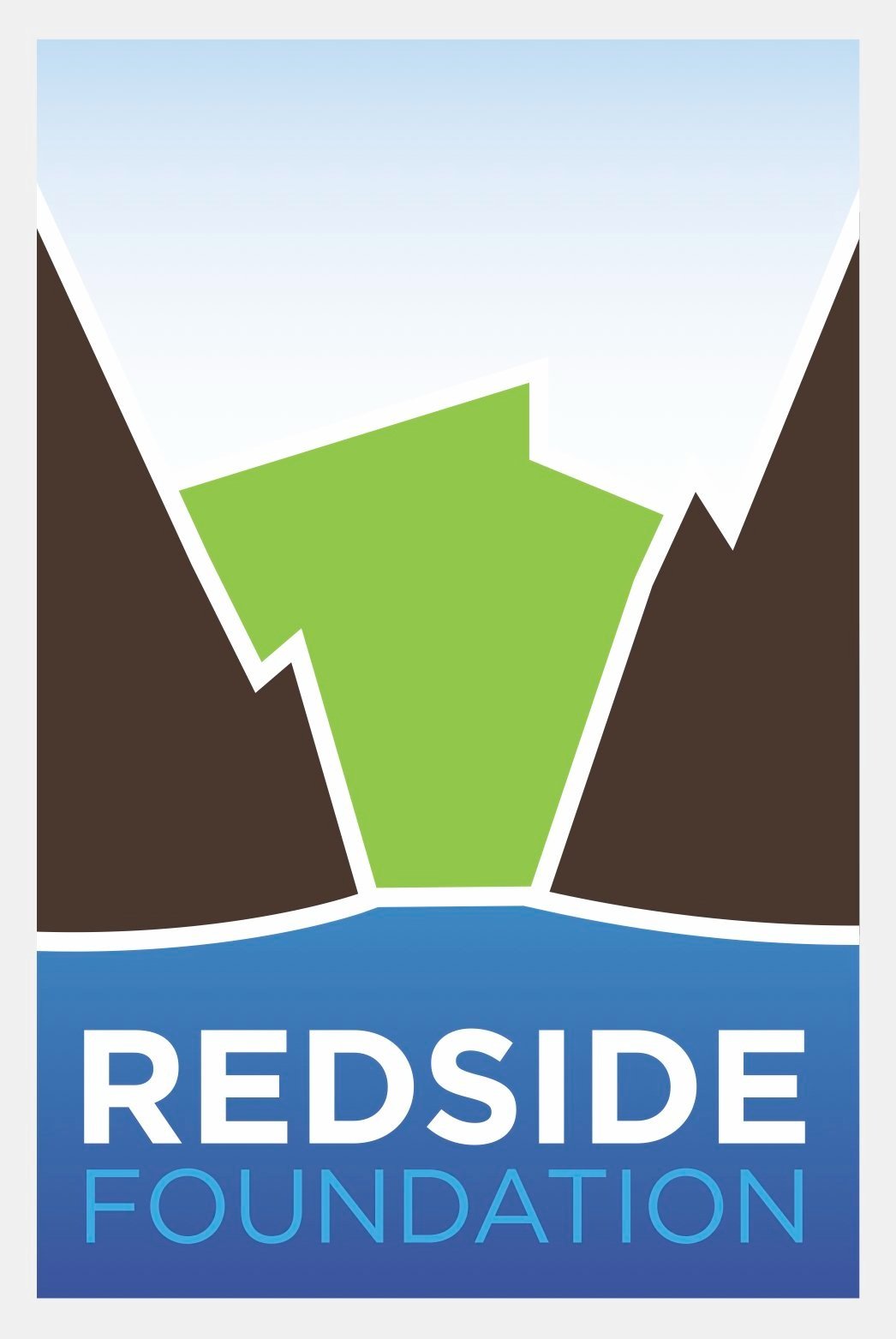Therapy
I graduated from EMDR Therapy on Tuesday and I feel fine.
When I walked into her office in December of 2020 my therapist asked me two questions. The first was, “Why are you here?” My answer was swift and direct, “I want to know why I’m an alcoholic.” The second question was, “What do you think is the cornerstone of your sobriety?” Another prompt response from me, “The Dogsmile mission.”
At that time I had been sober for just over a year and had recently completed the journey of a lifetime. I was driven by a deep sense of purpose, but was also being chased by an unrelenting demon. The fear of relapse was like a black cloud that followed me wherever I went. My previous therapist, who I was assigned to in rehab, had stuck with me on my journey until I landed in Idaho where she wasn’t legally allowed to practice. Her last bit of advice was, “Jon, seek out an EMDR therapist.” So I did.
EMDR stands for Eye Movement Desensitization and Reprocessing. Google defines it as, “A structured therapy that encourages the patient to briefly focus on the trauma memory while simultaneously experiencing bilateral stimulation (typically eye movements), which is associated with a reduction in the vividness and emotion associated with the trauma memories.” In my experience, I sat in a chair with my eyes closed holding two small paddles in my hands. I was asked to hold a traumatic image in my mind and breathe while the paddles vibrated alternately. I could feel my eyes move with the vibration while my heart cracked wide open.
The results of my bi-weekly sessions were numerous and often intense. Some came immediately, while others came hours or even days after a session. While the intensity and duration of my responses varied, the theme was completely consistent: relief. Weight was being lifted.
EMDR didn’t erase my shitty experiences from memory. Instead, it forced me to look right at them and accept that they played a large role in who I’ve become. It was exhausting at times and even a little scary; but the relief was worth the work. It always is.
The last question my therapist asked me on Tuesday was, “Is the Dogsmile mission still the cornerstone of your sobriety?” My answer was a swift and a little surprising No. It’s grown much deeper than a compassionate mission. The thing I’ve learned through EMDR along with many hours of meditation over the past year and a half is that the cornerstone of my sobriety is the quality of my attention. Meditation taught me that the quality of my attention is significantly more important than what’s actually happening. Therefore, the moment I dull my attention, aka getting drunk or high, the quality of my experience is diminished, no matter where, what, or with whom I’m interacting. When I choose to stay sober, I choose to associate authentically with the world around me, and that my friends is the most beautiful buzz available.
If you’ve read this far, you likely give a shit. We all have demons. Don’t compare yours to anyone else’s. Being able to find someone else who’s had it worse than you doesn’t mean you haven’t suffered. There’s no medal for “Most Pain Endured.” The victory lies in helping yourself and those in your community. Remember that empathy without action is just another thought; but empathy inspired action is compassion, and compassion is our only chance.
Jon Totten is the founder of Dogsmile Adventures, a therapeutic sailing program in Coeur d’ Alene, Idaho, as well as a member of the Redside Foundation Board of Directors. For more information about the Dogsmile mission visit: www.dogsmileaventures.org To contact Jon directly email: hello@dogsmileadventures.org


